Project Management Processes, Methodologies, and Knowledge Areas
VerifiedAdded on 2022/09/23
|9
|501
|28
Presentation
AI Summary
This presentation provides an overview of project management principles, methodologies, and knowledge areas, with a specific focus on IT project management. It outlines the essential project management processes, including initiation, planning, execution, control and validation, and closeout and evaluation. The presentation also explores various project management methodologies such as Agile, Scrum, Waterfall, Kanban, Lean, Six Sigma, and PMI/PMBOK. Furthermore, it delves into project management knowledge areas, including stakeholder identification and management. The presentation emphasizes the relationship between project management and project success, highlighting factors such as project completion, results, and development success. It also addresses the consequences of inadequate project management practices, such as software misuse and lack of data updates. The presentation references key literature on project management to support its claims.
1 out of 9

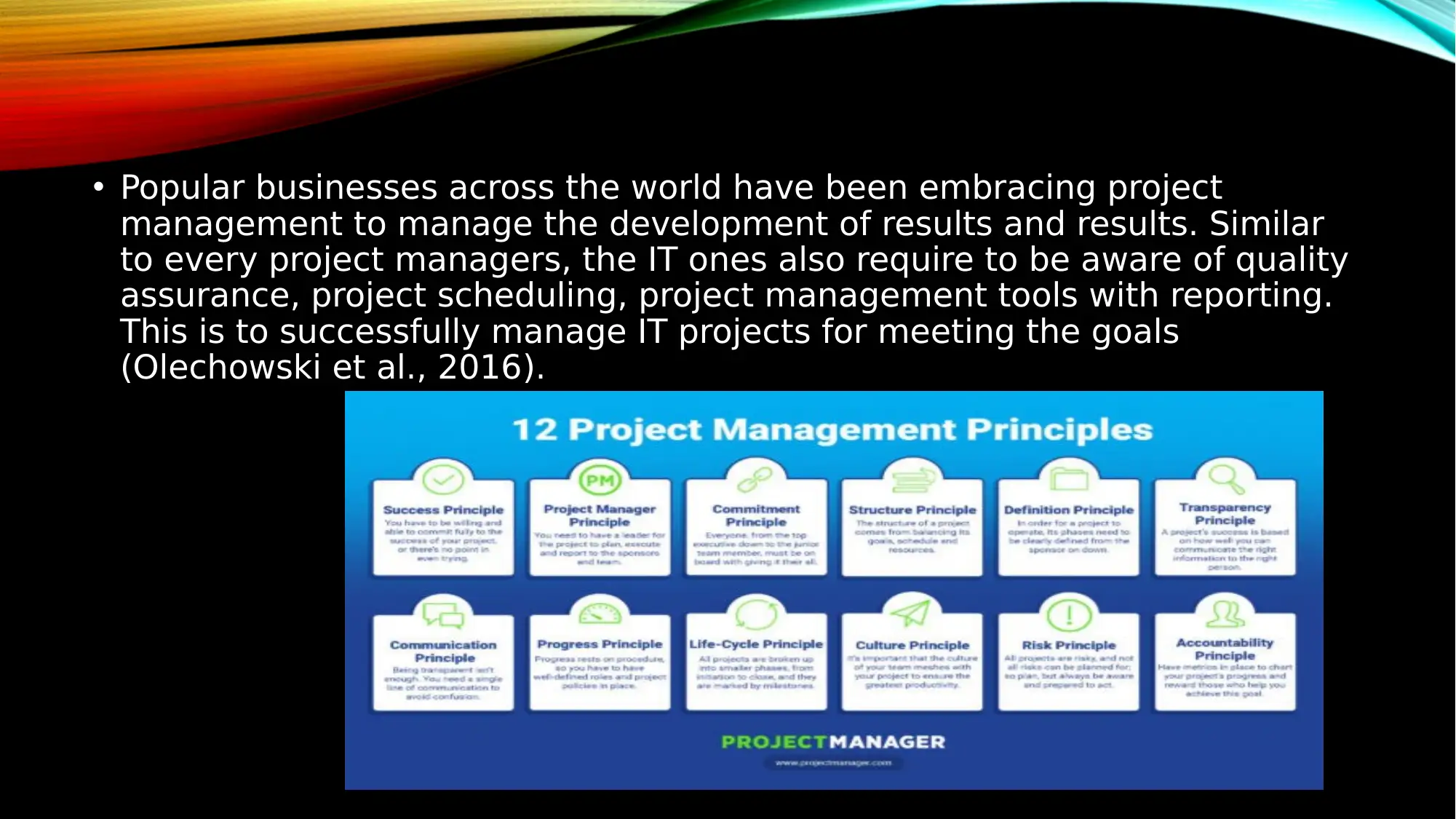
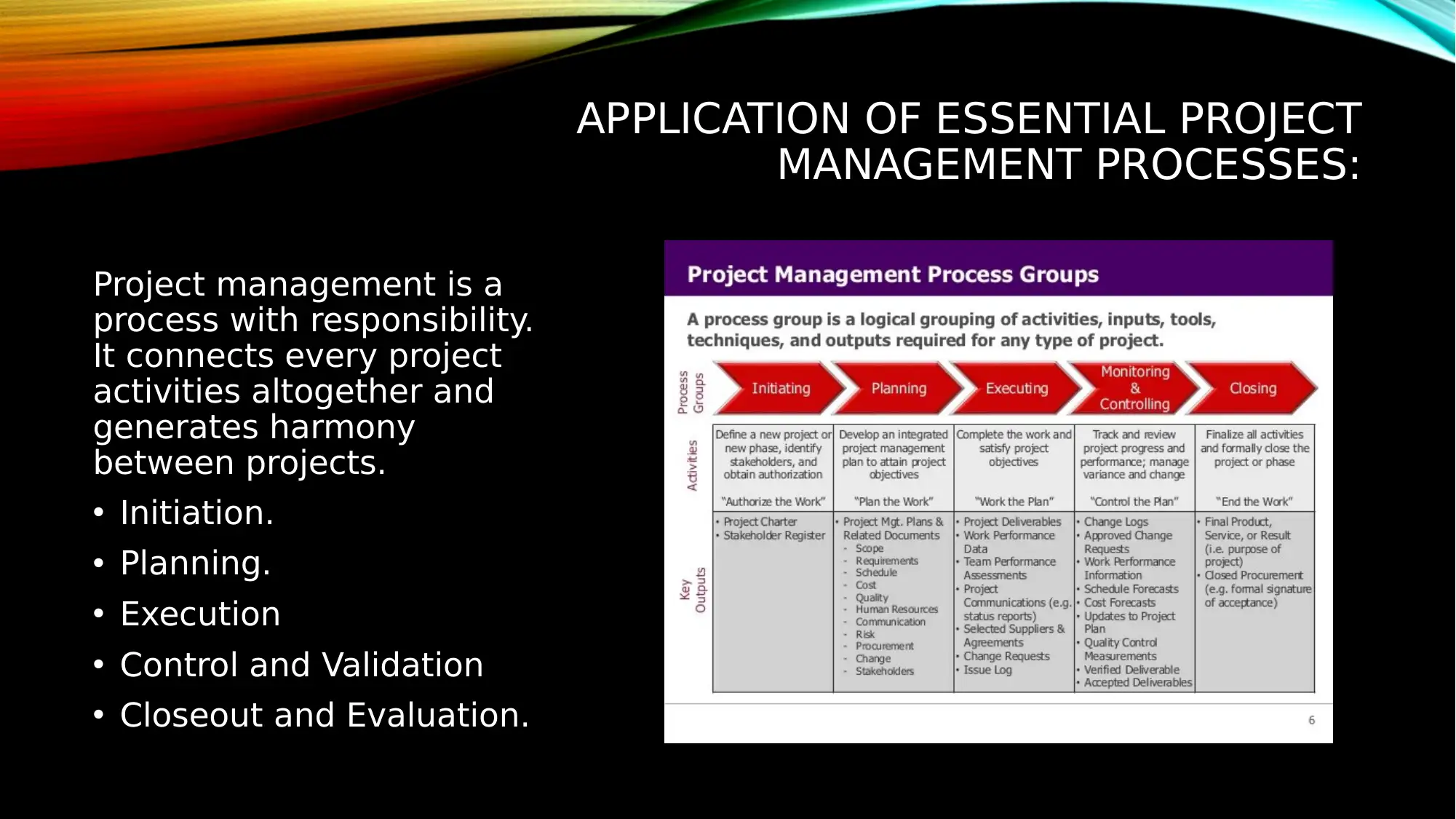

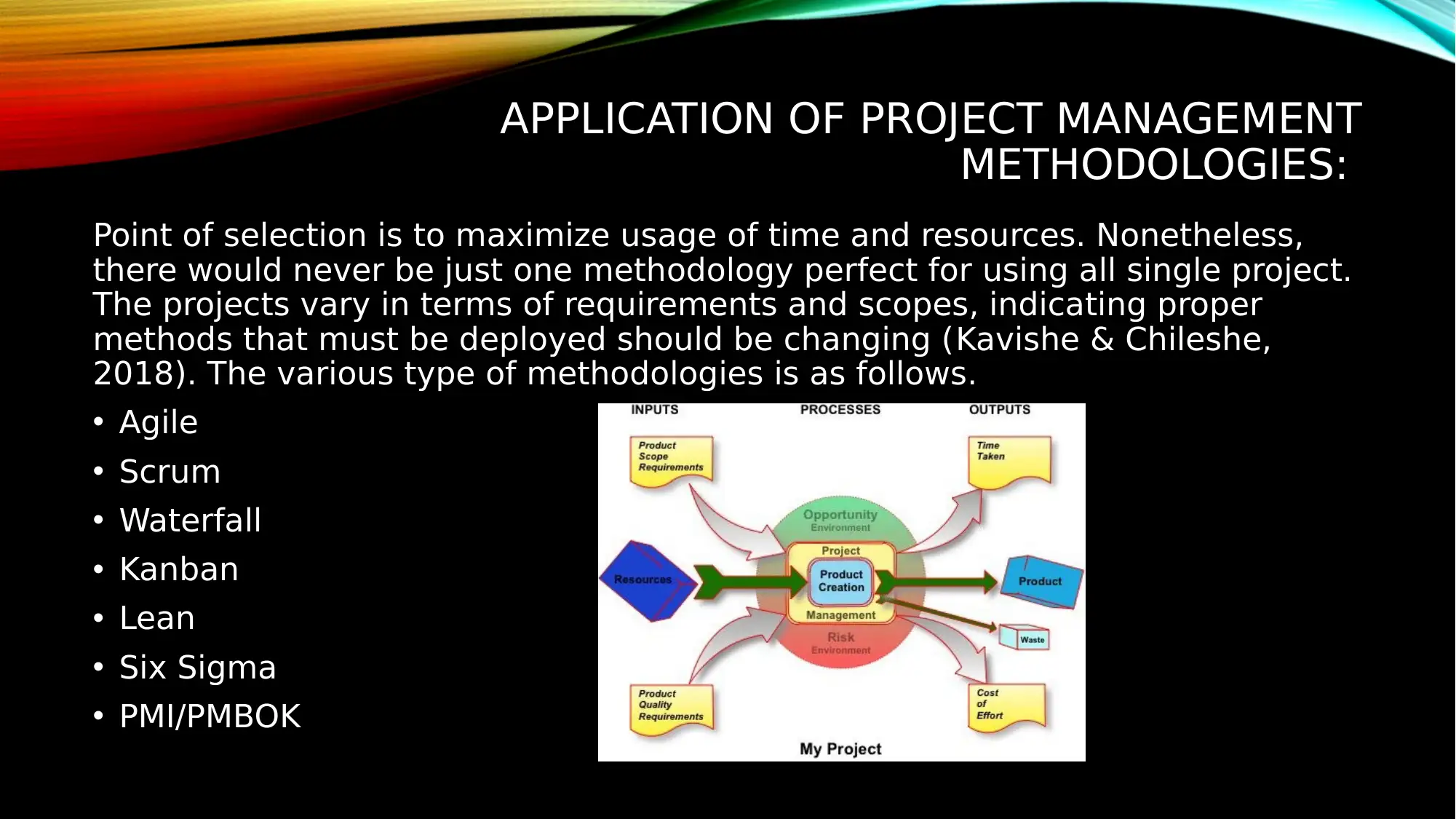
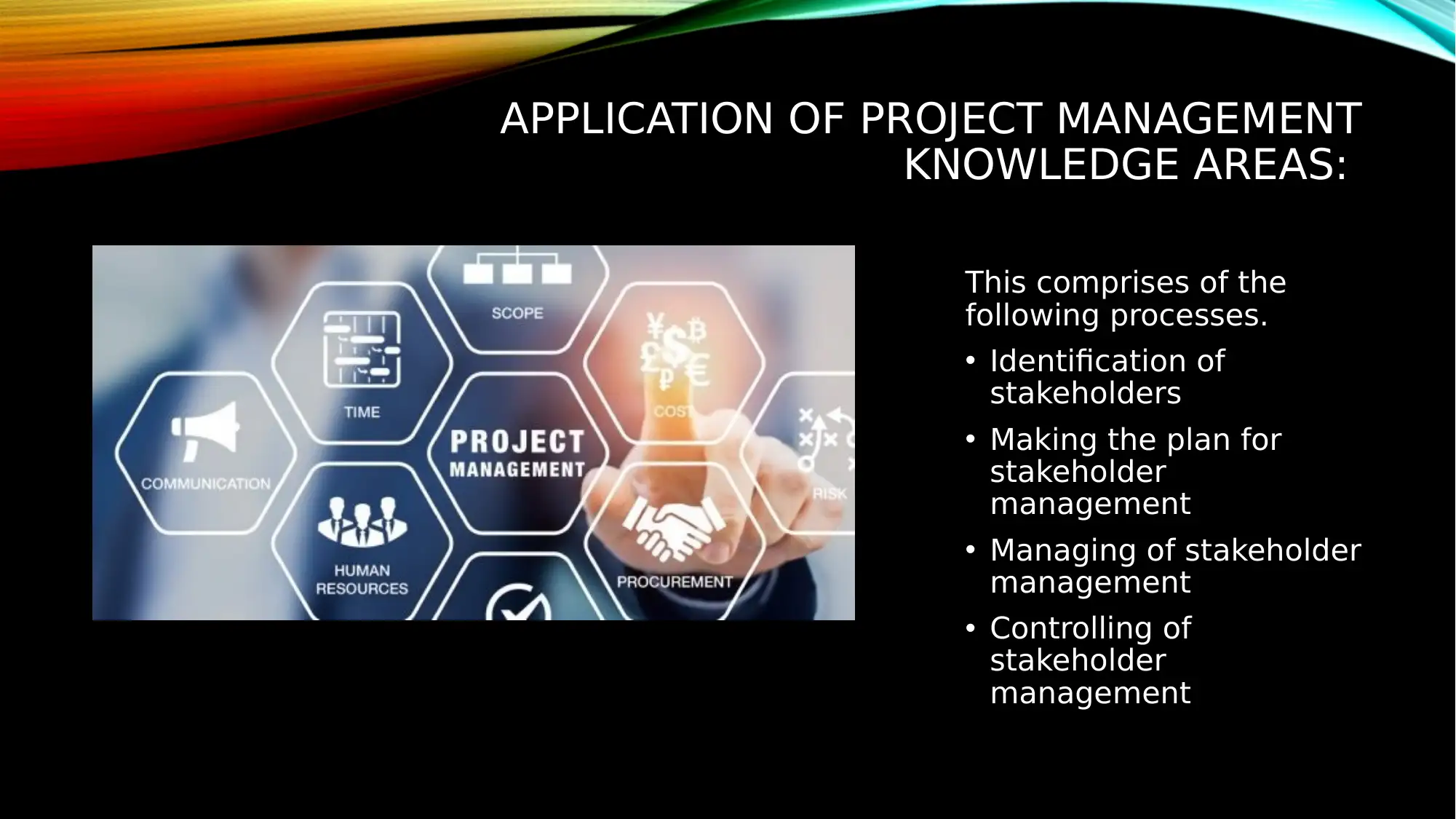
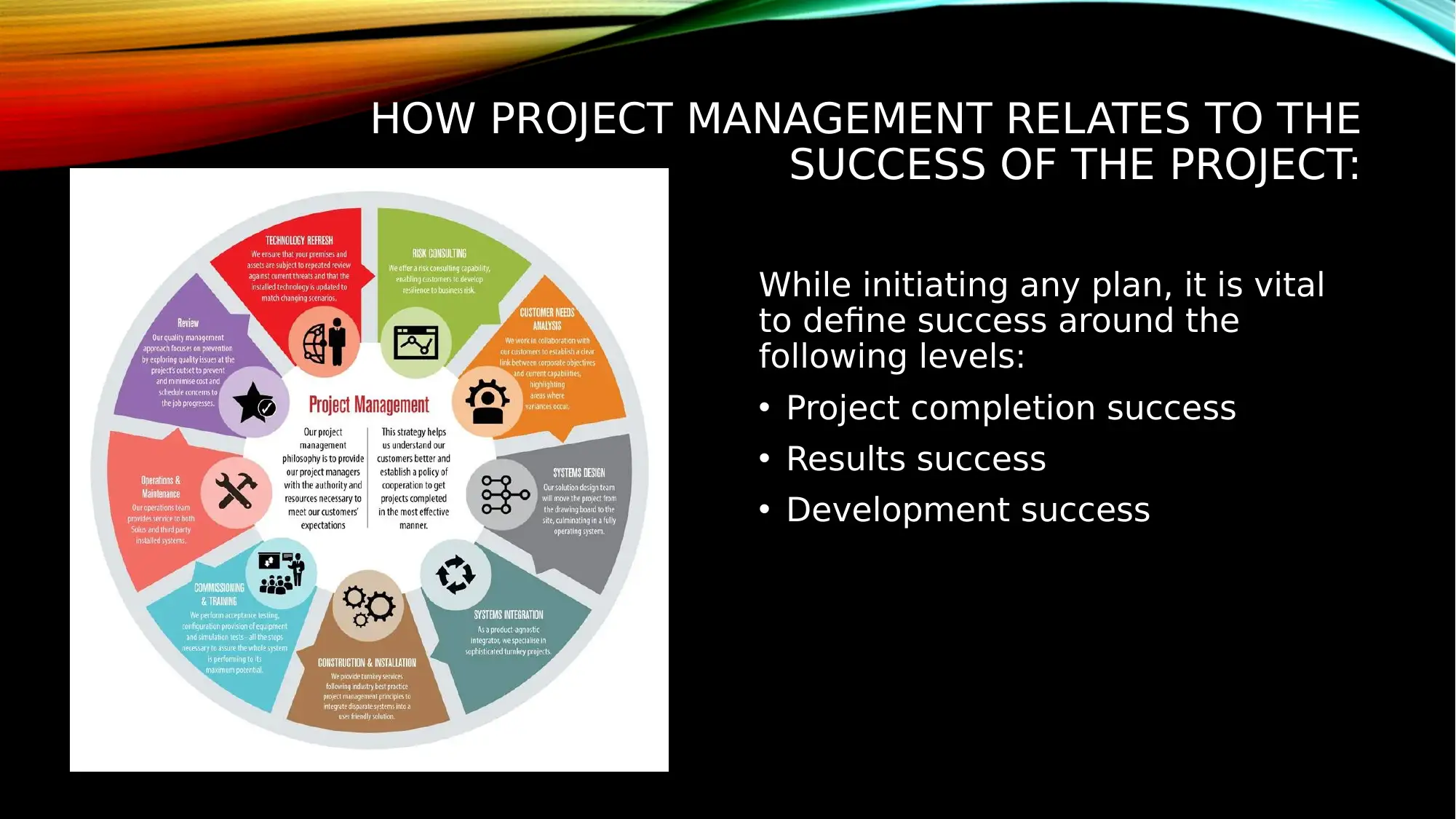
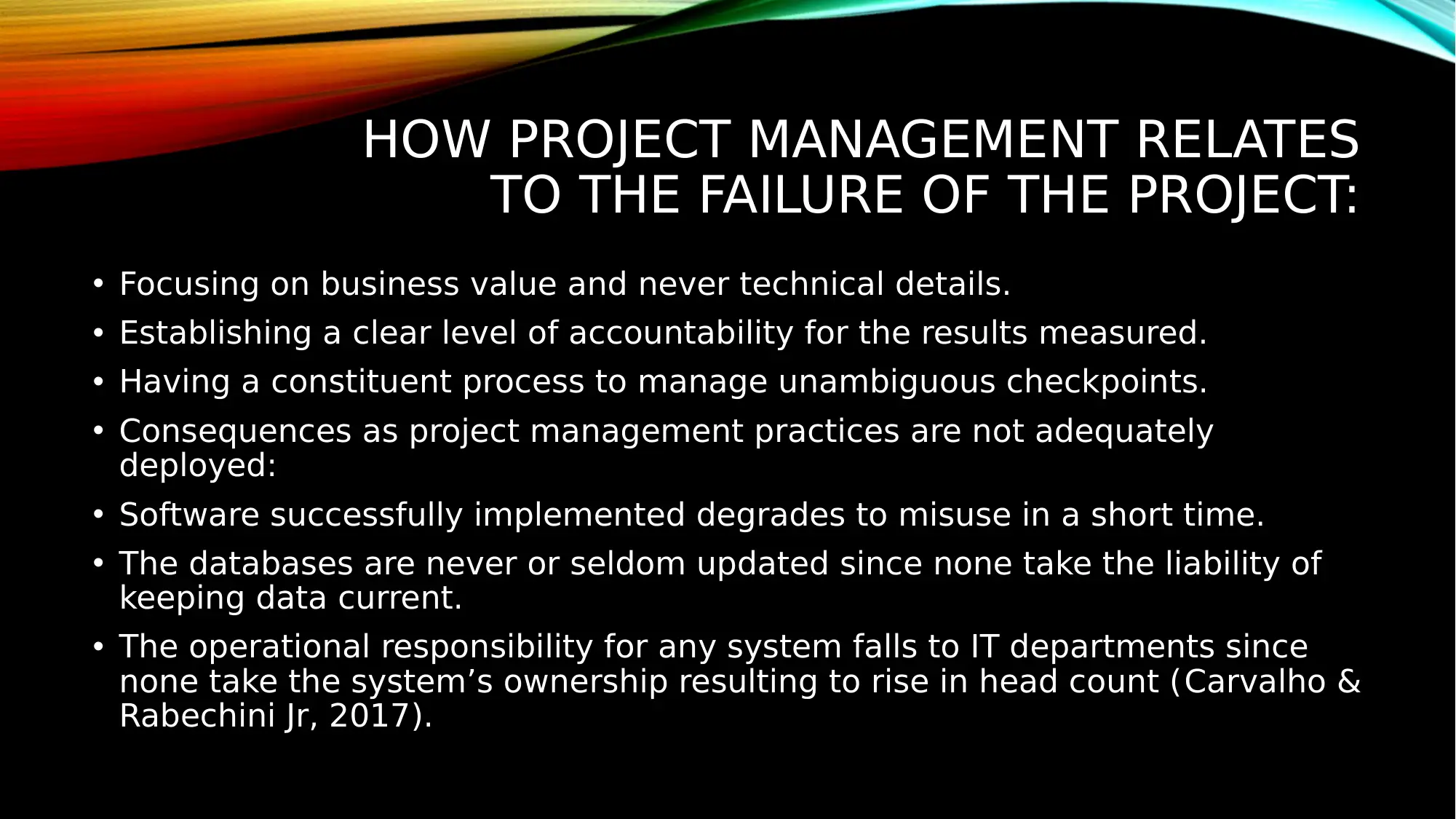
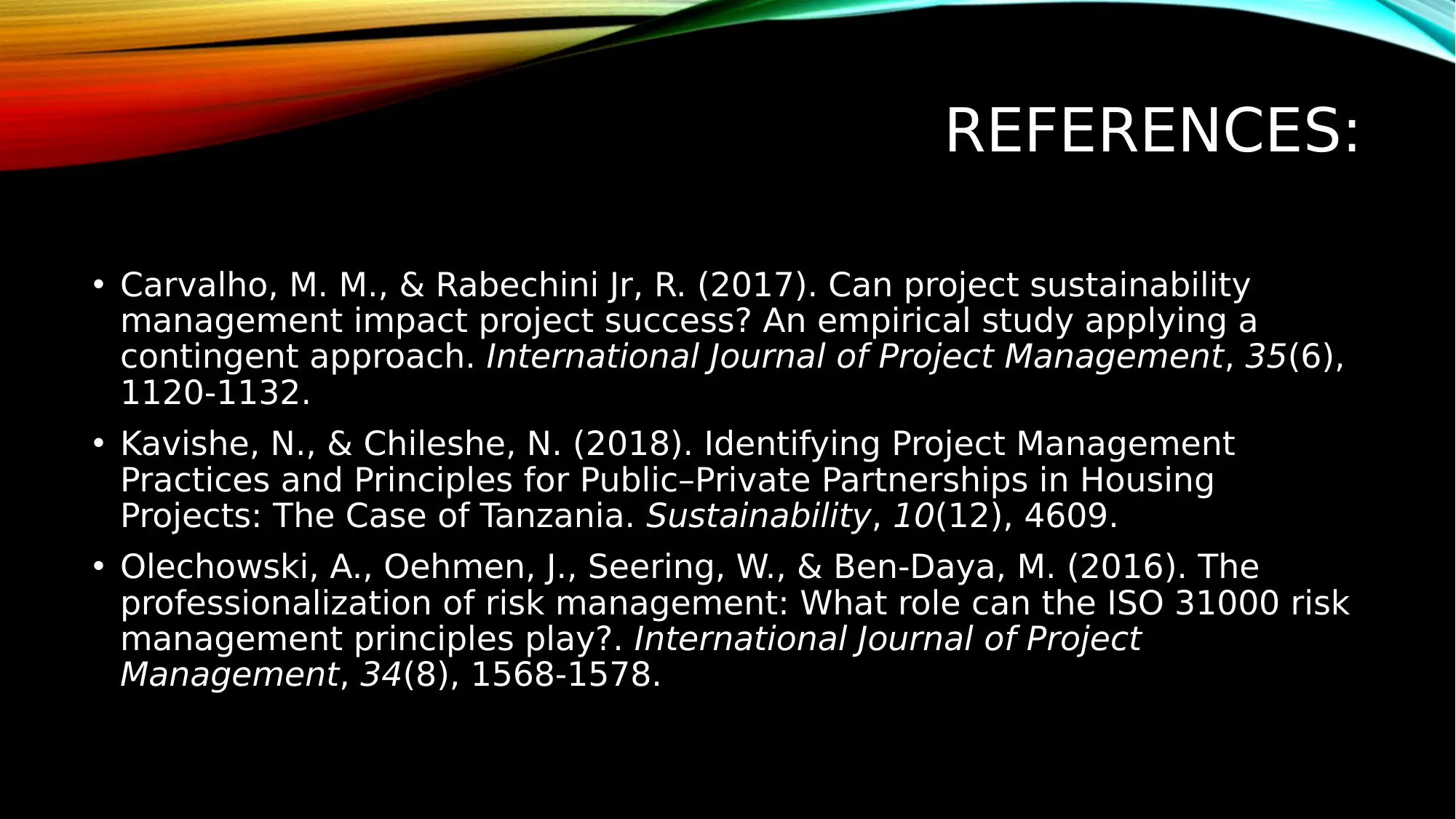




![[object Object]](/_next/static/media/star-bottom.7253800d.svg)